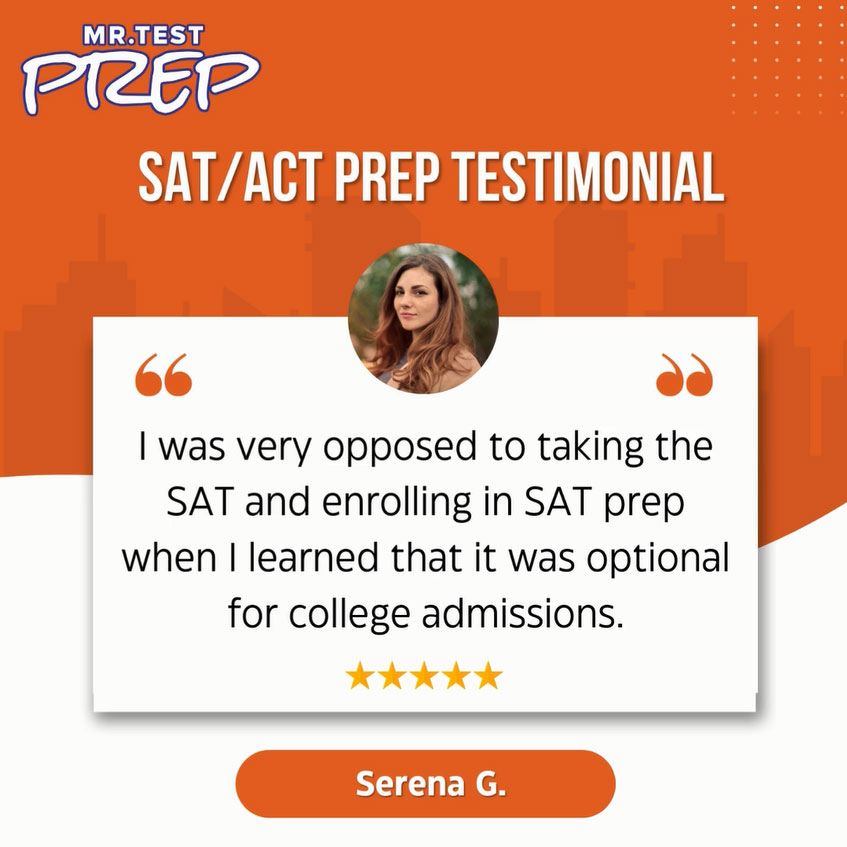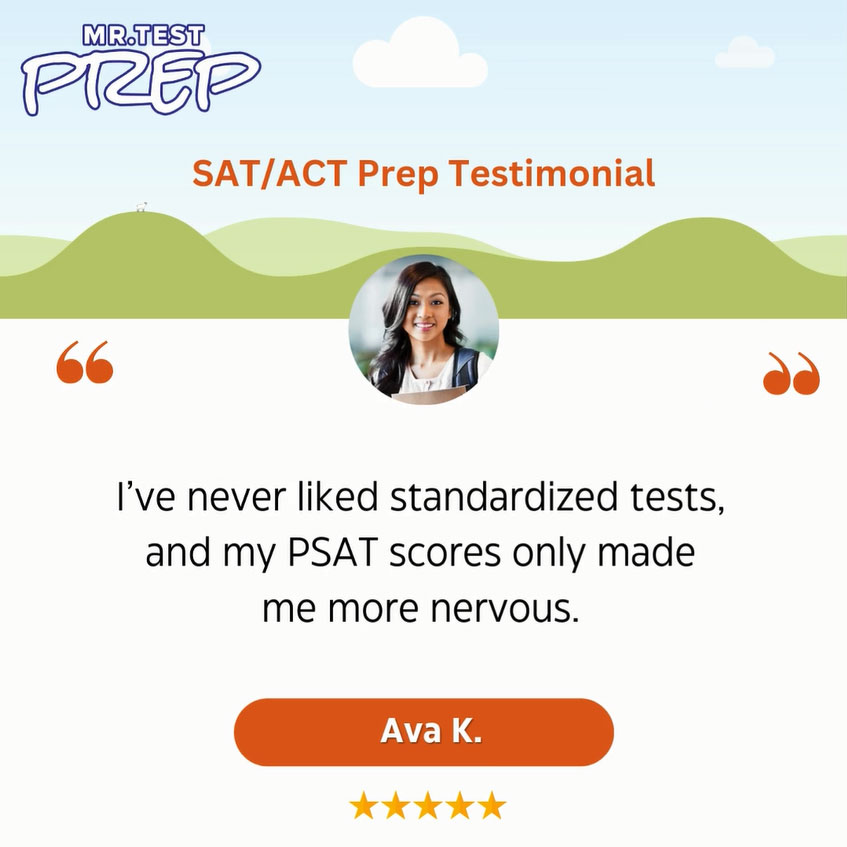
Choosing between the SAT and ACT can seem like picking a path in a maze. Each path holds different twists and turns, but both lead you to the same destination: college. As you weigh your options, remember there’s no one-size-fits-all answer. You’re not alone in feeling the pressure of this choice. I understand it’s more than a test—it’s a stepping stone to your future. Whether you’re a student, a parent guiding your child, or an educator counseling a student, your heart is in this decision. Together, let’s explore both tests, demystifying their characteristics and easing the anxiety surrounding college admissions.
Table of Contents
- Deciding Factors: SAT vs. ACT for Your College Journey
- Understanding Test Format and Timing Differences
- Managing Test Stress: Strategies and Tips
- The Role of Test Scores in College Admissions and Scholarships
Deciding Factors: SAT vs. ACT for Your College Journey
Choosing between the SAT and ACT is like picking the best match for your unique strengths. Both tests are widely accepted by colleges across the United States, so focus on which aligns more with your skills. The SAT emphasizes evidence-based reading and math, a good fit if analytical thinking is your forte. On the other hand, the ACT includes a science section and might appeal to those who enjoy a broader range of subjects.
Consider the test structure and timing. The ACT is slightly shorter but has less time per question, which suits those who think on their feet. If you thrive under a steady pace, the SAT might feel more comfortable.
Don’t overlook practical aspects: both tests offer fee waivers and recent changes have made score sending more flexible. You can now selectively send scores, allowing you to control what colleges see. Many students find this a relief, reducing the stress of needing a perfect score on every section.
Ultimately, your decision should be guided by a test drive. Practice with sample tests to see which feels more natural. This choice is about amplifying your strengths, and understanding these factors will ease the pressure and help you step confidently toward your college goals.
Understanding Test Format and Timing Differences
Imagine the SAT and ACT as two different races. One is a marathon, the other a sprint. Both require preparation and strategy, but how you pace yourself is key. The SAT tests your endurance, giving you more time per question, which encourages careful analysis. It has sections on reading, writing, and math, emphasizing depth over breadth.
In contrast, the ACT is a sprint. It moves quickly, with less time per question, and includes an additional science section. This format may suit you if you enjoy brisk tests and connecting dots quickly. The science section isn’t about memorizing facts but interpreting data and graphs, so it tests your ability to process information under pressure.
Understanding timing is crucial. The SAT provides nearly 3 hours for its main sections, while the ACT wraps up in just under 3 hours, excluding the optional essay. Practice with the timing of each section ensures you’re not surprised on test day.
By knowing these differences, decide which test plays to your strengths. Whether you’re strategic at managing your time, or you prefer in-depth analysis, understanding these nuances will help you choose the test that aligns with your skills and test-taking style. This clarity can reduce anxiety and enhance confidence as you prepare for the next step in your college journey.
Managing Test Stress: Strategies and Tips
Feeling test stress is perfectly normal—it’s like the jitters before a big performance. But with the right strategies, you can turn that nervous energy into a powerful motivator. One effective method is to develop a consistent test prep routine. Consistency builds familiarity, and familiarity breeds confidence. Use practice tests to simulate testing conditions, honing your time management skills and building comfort with the test format.
Incorporating relaxation techniques such as deep breathing or mindfulness, can significantly reduce anxiety. Picture yourself in the test room, calm and ready; this mental rehearsal can translate into a more poised performance on the actual day. Remember, both the SAT and ACT offer resources, like score choice options and fee waivers, to lessen financial and logistical stressors.
It’s also helpful to reframe how you view these tests. Rather than seeing them as hurdles, view them as opportunities to showcase your strengths. Connect with peers, form study groups, and share resources to lighten the load. Having a support network can be invaluable, providing encouragement and fresh perspectives.
Ultimately, focus on what you can control, and be kind to yourself during this process. Every step you take in preparation not only boosts your readiness but also instils confidence, setting you up for success without being overshadowed by stress.
The Role of Test Scores in College Admissions and Scholarships
Test scores are like golden tickets, opening doors to opportunities in college admissions and scholarships. Most colleges in the U.S. accept both SAT and ACT scores equally, so your choice should reflect where you can shine brightest. A strong score can boost your application, showcasing your readiness for college-level work. It can often tip the scales in competitive situations where other aspects of your application are similar to those of other applicants.
For scholarships, higher test scores can translate into financial benefits. Many scholarships set minimum score requirements, so a standout score can unlock valuable funding. Remember, though, that this is just one part of the application puzzle. Colleges also consider grades, extracurricular activities, essays, and recommendation letters.
Recent updates have made it simpler to manage score reports. You can selectively send scores to colleges, allowing you to present yourself in the best light. Such flexibility means less stress, as you’re not pressured to have a perfect score across all sections.
Ultimately, test scores are a tool in your college application kit, not the whole picture. They complement other achievements and help tell your story. That’s the real key: use them as part of a holistic approach to present your full potential, making your college dreams a reality through both admissions and scholarships.
Conclusion
Deciding between the SAT and ACT is an important step in your college journey, one that doesn’t have to be daunting. By understanding the format and timing differences, focusing on alignment with your strengths, and managing stress effectively, you can choose the path that best suits you. Remember, these tests are just one part of your broader college application story. With recent updates allowing for greater flexibility in score reporting, the process is more manageable than ever. Trust in your preparation, focus on what you can control, and view this as a chance to showcase your abilities. By approaching your choice with confidence and clarity, you are one step closer to achieving your college dreams while securing opportunities and potential scholarships.
FAQs
Q: Do colleges prefer the SAT or ACT?
A: Most colleges accept both the SAT and ACT equally, so neither test is preferred over the other. Choose the one that plays to your strengths.
Q: How can I decide which test to take?
A: Consider taking practice tests for both the SAT and ACT to see which feels more comfortable. Look at the subject focus and timing of each to determine which aligns better with your skills.
Q: Can I use the same test preparation for both the SAT and ACT?
A: While there are similarities, each test has unique components. It’s best to tailor your prep to the test you choose, focusing on the specific types of questions and the test format for maximum efficiency.
What is Next?
Now that you’re equipped with insights into choosing between the SAT and ACT, it’s time to take action. Start by scheduling a practice test for each to gauge your comfort level and areas of strength. Once you’ve decided on a test, create a study plan that incorporates consistent practice and stress-reduction techniques. If you need extra help, consider signing up for a 2-hour free trial session with Mr. Test Prep at www.mrtestprep.com/free-trial. This session, conducted online via Zoom, can provide tailored guidance, boosting your confidence and optimizing your test prep approach. Remember, the journey to college is as much about preparation and mindset as it is about scores. Embrace this opportunity to shine!





